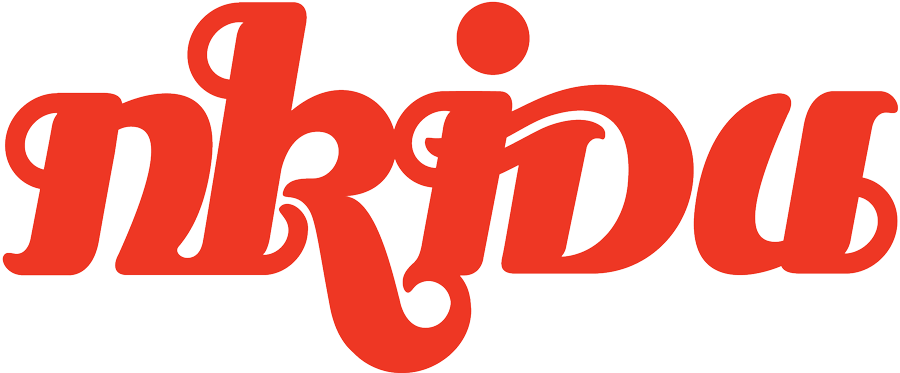While we like to think of ourselves as partners rather than a publisher — which is why we’ve all but removed the term from our website — we’re often asked the question: “Why should I work with a publisher?” This post is a very high-level overview of some of the benefits a publisher/label can offer, and is by no means comprehensive. If you’re a developer of a great game and want to find out what we can actually offer you, just ask!
1. Dealing With Platform Holders
No, I don’t mean the characters in your platformer that literally hold up the platforms; I’m talking about getting your game on Steam, PS4, Xbox One, Android, Mac, or even the OUYA if that’s really what you want.
There are many different ways to get your game out there, and publishers have done it a number of times before. They should know the best and most efficient way to get your game on these platforms, get increased visibility and also to help avoid any issues you might not be aware of if you’ve never published your own game. Working with a publisher that has an established network and processes for getting on new platforms can save you time and effort, allowing you to focus on development.
In Nkidu’s case, as noted, we like to be more of a partner than some evil-overlord publishing entity, so whenever possible, we’ll make sure you learn about these processes as we go through them.

2. Public Relations/Marketing
“You mean I have to relate to the public? I can’t just make this game and expect people to play it?”
No, you can’t! You have to get the word out there. You may have the most awesome game ever made but if nobody knows about it, then… nobody knows about it. Publishers should have a lot of experience in this area. They can help you understand what about your game is truly most appealing — the parts of the game that are most likely to attract and retain an audience. They can help you lay out how and when to tell people about certain elements of a game and why. A good publisher should enable you to talk to press and promote your game, but also allow you to focus on development while they take care of the mundane, day-to-day publicity.
They can deal with your social media, forums, advertising, even calling people on the phone or writing snail mail letters if need be. Effectively marketing and promoting a game takes a lot of time, and particularly if you’re a small team, you likely don’t have the time — or expertise — to do it all yourself.
.jpg)
3. Business Consulting
“I’ve made this game and what do I do now with all this money?”
Publishers have been through this before and they know, step by step, what you need to do and when to do it. They can help guide you on your journey with advice, because they have seen games fail and they have seen games succeed, and should have a pretty good idea of what you should and shouldn’t do along the way. Good ones will advise you not to give up all of your rights just for a bit of money upfront. They’ll point out potential laws you may want to be aware of. They’ll be able to introduce you to hardware partners or make other introductions that might help you with your business.
There are a whole lot more reasons you might consider a publisher — funding, production support, etc. — but ultimately, they can help you with expertise and experience you might not have (yet) and can let you focus your attention on the most important part of any game: making the damn thing.

